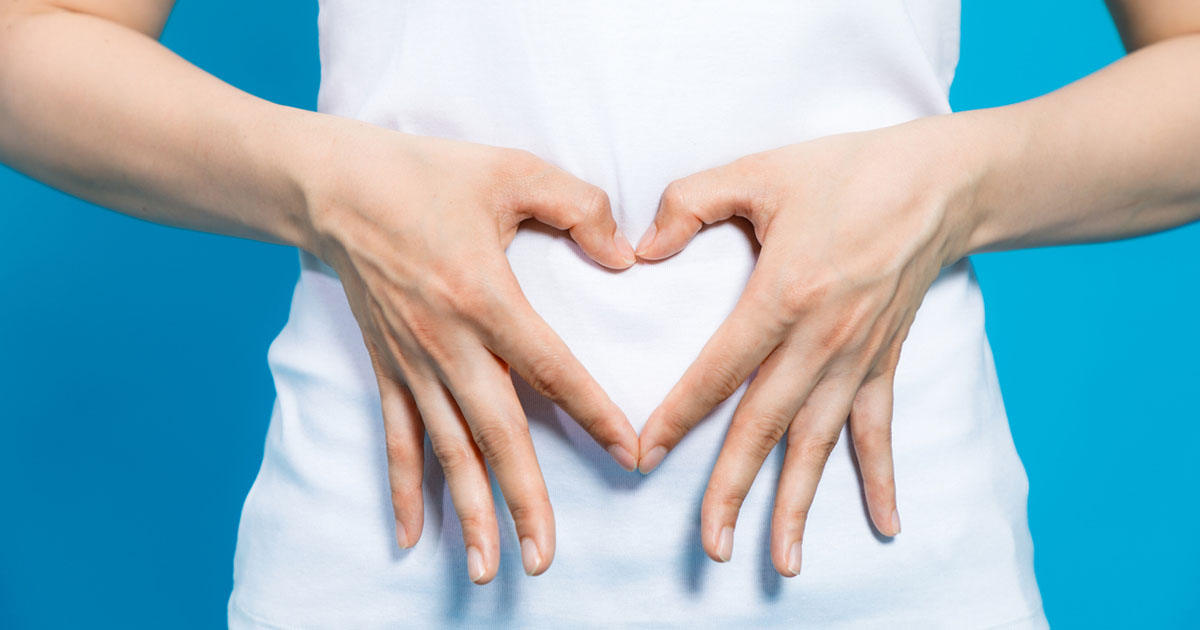It all starts in your gut
The connection between the gut and mind, often referred to as the “gut-brain axis,” is a rapidly growing area of interest within both the medical and psychological communities. This relationship illustrates how the gastrointestinal tract can send signals to the brain and vice versa. Here’s an exploration of this fascinating topic:
Understanding the Gut-Brain Axis
The gut-brain axis is a complex communication network that links your central nervous system (the brain and spinal cord) to your enteric nervous system (the nervous system of your gut). This bi-directional communication pathway involves various routes, including the vagus nerve, the immune system, and the production of neurotransmitters.
Neurotransmitters: The Chemical Messengers
A significant portion of neurotransmitters, like serotonin and dopamine, which are crucial for mood regulation, are actually produced in the gut. For instance, about 95% of the body’s serotonin, which is known for its role in feeling good, is produced in the gastrointestinal tract. Dysregulation in the production of these neurotransmitters can impact mental health, contributing to conditions like depression and anxiety.
The Role of the Microbiome
The gut microbiome, the diverse community of bacteria in the digestive tract, plays a pivotal role in the gut-brain axis. These microbes can produce neurotransmitters and also influence the body’s response to them. Research has shown that changes in the gut microbiome composition can affect brain function and may contribute to mental health issues.
Stress and the Gut-Brain Connection
Stress can directly impact the gut-brain axis. Stress responses can alter gut bacteria and, conversely, gut bacteria can influence the body’s stress response. Chronic stress can lead to gastrointestinal issues like irritable bowel syndrome (IBS) and may exacerbate mental health conditions.
Diet and Mental Health
Diet plays a crucial role in maintaining a healthy gut microbiome, which in turn impacts mental health. Diets rich in prebiotics and probiotics help in nurturing beneficial gut bacteria. There is increasing evidence suggesting that dietary choices can influence mood and mental well-being, partly through their effects on the gut microbiome.
The Future of Gut-Brain Research
As research in this field continues to evolve, there is growing hope that understanding the gut-brain connection will lead to more effective treatments for mental health disorders. This could include dietary interventions, probiotics, and other therapies targeting the gut microbiome.
The interconnectedness of your body
The gut-brain axis offers a fascinating insight into how our physical and mental health are interconnected. The gut’s influence on the mind underscores the importance of a holistic approach to health, considering both mental and physical aspects. As research progresses, it may revolutionize our approach to treating a variety of mental health conditions.
The exploration of the gut-brain connection is a testament to the complexity of our bodies and the interconnectedness of our physical and mental health. Understanding this relationship opens up new avenues for treatment and prevention strategies for mental health issues, emphasizing the importance of a holistic approach to health and well-being.
Until January 16, 2024, you can get the Shasta Sage Cleansing Pack to get your gut and brain working better together.




